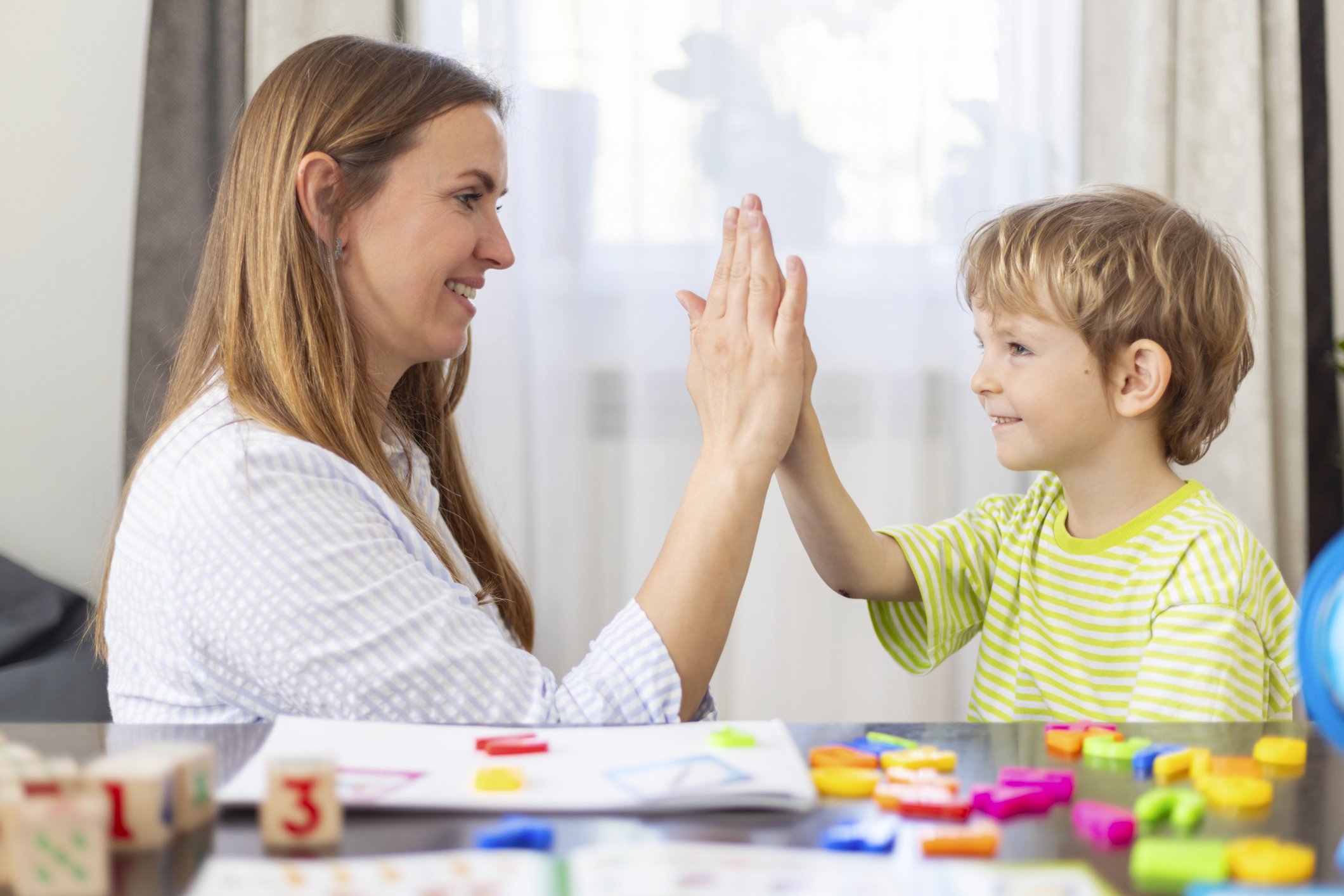What do behavior services look like?
I work one-on-one with the individual for a recommended number of hours per week, depending on their needs, goals, and availability. Sessions are conducted in the home — where real behavior happens — so that support is relevant, responsive, and immediately useful.
During sessions, we may work on:
Emotional regulation and coping skills
Functional communication (verbal, AAC, gestures)
Executive functioning and independence
Navigating transitions, routines, or challenging behaviors
Building meaningful, self-directed skills that align with the individual's goals and values
Caregiver involvement is key. We meet regularly to:
Review progress and celebrate wins
Troubleshoot challenges in day-to-day life
Adapt strategies based on what's working and what’s not
Share tools
Ensure goals remain aligned with your values and priorities
Work on applying strategies with the individual. Because skills stick when they’re practiced across different people, places, and situations.
Every individual and family is different, which means the amount of support provided—and how long it lasts—will vary based on your unique needs, goals, and circumstances.
Weekly Intensity
Most families receive between 2 to 10 hours per week of direct 1:1 services. The recommended number of hours is based on:
The individual’s goals and support needs
Age, attention span, and learning style
The family's availability and daily routines
Other therapies or supports currently in place (e.g., speech, OT, school)
We work together to determine an appropriate and sustainable schedule, and we make adjustments over time as needs change.
Overall Duration of Services
Some families seek short-term support to address a specific concern or transition, while others benefit from longer-term collaboration.
Services may last a few months to a year or more, depending on the goals and level of support needed.
We check in regularly to assess progress and ensure that services continue to align with your goals and priorities.
The long-term goal is to build skills, confidence, and strategies that can be used independently—both by the individual and their caregivers.
Contact us
Interested in working together? Fill out some info and we will be in touch shortly. We can’t wait to hear from you!
